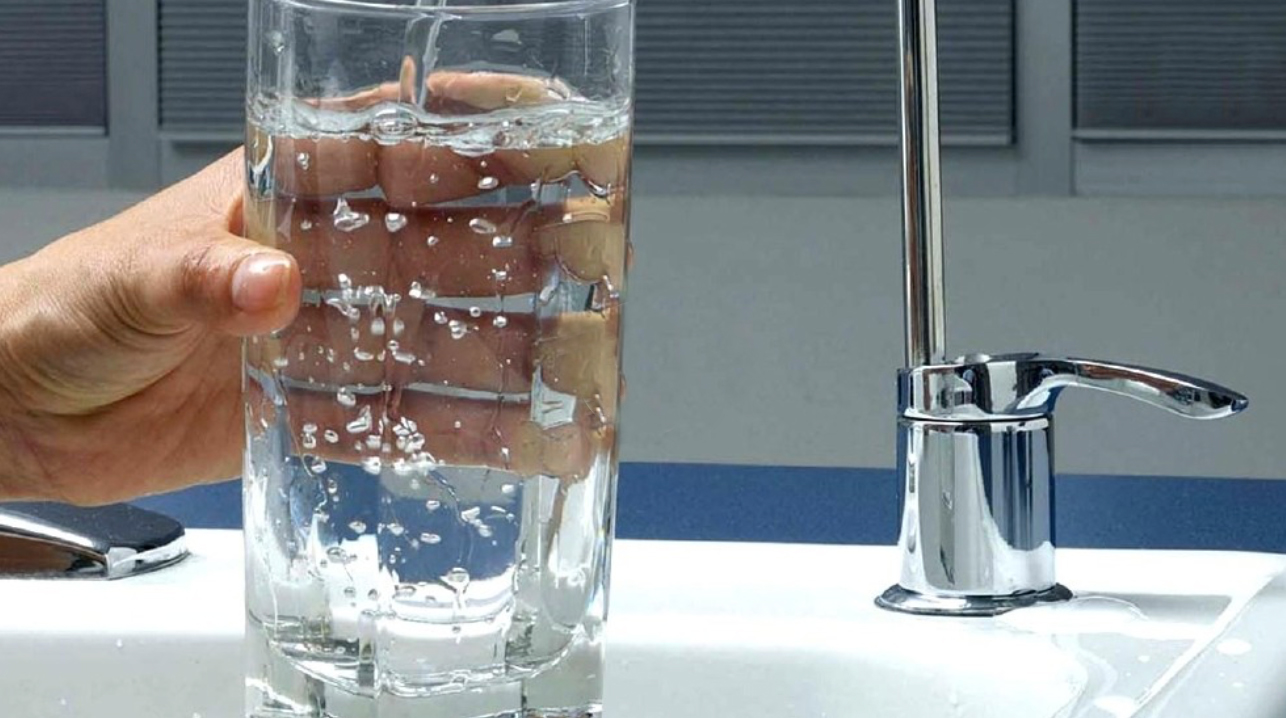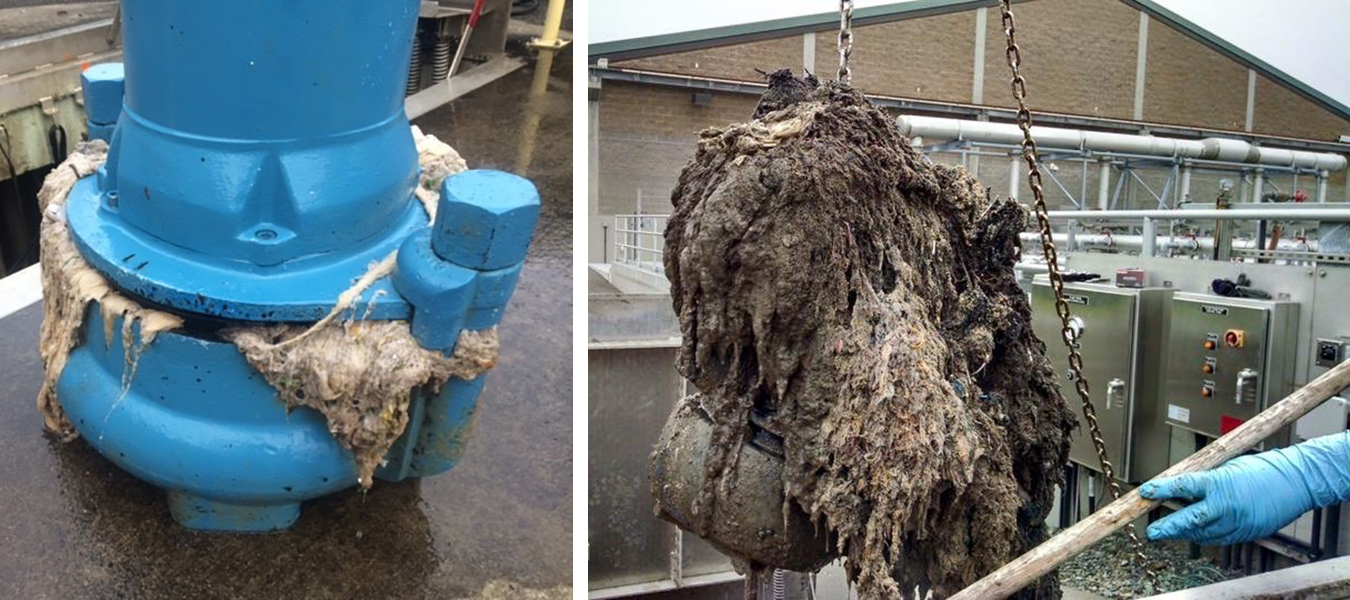Special purpose water and sewer districts throughout Washington state are taking all steps necessary to continue providing safe and reliable services for the duration of this emergency.
In recognition of the pandemic’s economic impact, North City Water District encourages customers who have a question about their account to give our customer service representatives a call.
What We Know about the Safety of Water and Sewer Services
The novel coronavirus / COVID-19 virus has not been detected in tap water. Standard procedures for tap water filtration, disinfection, and treatment removes or inactivate the virus.
In contrast, bottled water is not required to meet the same standards, it’s much more expensive, and both the manufacturing and resulting empty plastic bottles are harmful to our environment. We encourage everyone to use (and store) tap water—it’s the safest, least expensive, and most environmentally sound source of water.
Sewer utilities also present no known risk. Current data suggests that standard municipal wastewater treatment practices are sufficient to inactivate coronaviruses. The CDC is reviewing all data on COVID-19 transmission pathways and believes the risk of transmission through sewer systems is low.
Please Put All Disposable Wipes in the Garbage, NOT the Toilet!
However, there is a significant risk to the sewer utility in the form of disposable wipes. Even though some disinfectant wipes are labeled “flushable,” our experience has shown this is not the case.
Disposable baby wipes, disinfecting “pop up” wipes, paper towels, and even small make-up remover wipes are the #1 cause of a clogged sewer line. Please dispose of all types of wipes in the garbage.
Homeowners are responsible for the cost of repairing a clogged sewer line—this is not a problem or an expense anyone wants to incur during a public emergency.
About the Washington Association of Sewer and Water Districts
As a state-wide association of 182 special purpose districts, the Washington Association of Sewer & Water Districts (WASWD) supports districts that provide water, sewer, or combined water and sewer utility services. Special purpose water districts serve 22% of our state’s population; special purpose sewer districts serve 21%.


